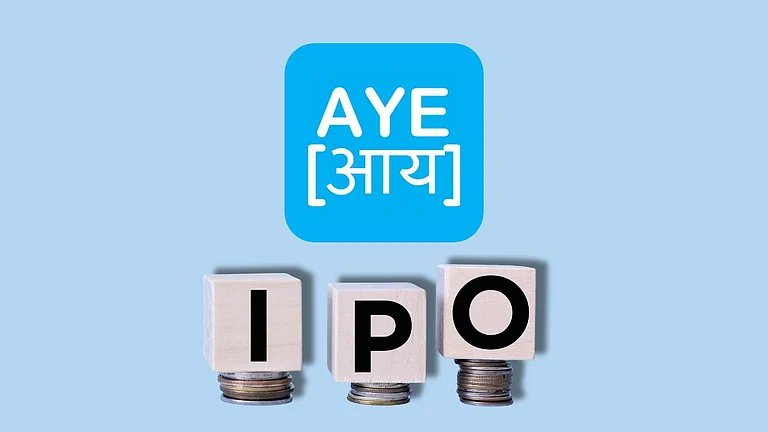Ayesha Rao, 35, who lives in Pune, is expecting her first child in the next three months. They are really excited about welcoming the little one. However, there is also a constant stress that she and her husband feel about the expenses involved.
First, they want the delivery to happen in a private hospital, where the cost is expected to be around Rs 3.5-4 lakh. Second, there are miscellaneous costs after the child comes home.
“I have currently taken a break from the non-governmental organisation (NGO) I was working in. My husband is trying to set up a business. Since we are not financially really stable, it’s causing a lot of stress,” says Rao.
As the cost of healthcare continues to rise, a lot of couples are anxious about maternity expenses. According to experts, financial security is what bothers couples the most, especially when they are starting a family.
With the increase in costs of maternity, as the costs of baby care and parenting continue to rise, individuals, more so the salaried ones, must do careful planning.
It is here that a maternity insurance could be of help. Maternity insurance offers comprehensive coverage for medical expenses incurred during pregnancy, including the cost of delivery, hospitalisation, pre- and post-natal care, medical tests, medicines, and newborn baby expenses. A maternity insurance policy helps women to prepare in advance for the financial requirements of growing a baby, as pregnancy is an expensive affair. It is particularly important in the aftermath of the pandemic, when employee benefits may be limited or there might even be lay-offs.
That said, there are very few insurance policies that cover maternity expenses.
Here are five things to keep in mind before availing of maternity insurance:
Buy A Cover Early On: Given the rate of medical inflation and the skyrocketing cost of various maternity treatments, couples planning to start a family in a few years should buy maternity cover early.
Says Nikhil Kamdar, appointed actuary, Digit Insurance: “Buying a maternity cover early can ensure any waiting period imposed by the insurer is over by the time you plan to start your family. The waiting period may vary between insurance companies. The only instance where there might be a zero-waiting period for maternity benefits is the Group Medical Cover (GMC) provided by companies to their employees. If your company has opted for such coverage, the waiting period might be waived off in such cases. One can check with their employer about the coverage related to maternity claims.”
Check The Exclusions Carefully: Although maternity insurance typically provides a range of benefits, there are some instances in which the policy may not provide any coverage.
For example, expenses related to the harvesting and storage of stem cells for preventative measures against future illnesses may not be covered by the insurer. Additionally, the policy may also limit coverage to the birth of up to two children. Ectopic pregnancy is typically not considered under maternity benefit, but instead falls under in-patient accidental and medical treatment.
Visits to the doctor for regular check-ups or diagnostic tests are usually not covered under the policy, although outpatient treatment may be covered if the policy includes this type of coverage.
“Additionally, maternity-related claims may have a different sum insured, or the coverage may be limited to a specific amount, and may not be the same as the regular sum insured for other illnesses. It is important to carefully review the coverage details of your plan with your insurance company and read all policy terms to fully understand the inclusions and exclusions before purchasing maternity insurance,” adds Kamdar.
Tax Benefit: If you have opted for the old tax regime, Section 80D of the Income-tax Act, 1961 provides a tax exemption of up to Rs 25,000 in a financial year for all health insurance policies. If a senior citizen is a member of the family floater plan, a deduction of up to Rs 50,000 is available. However, if your employer offers maternity benefits under a Group Medical Policy and bears the premium cost, the tax exemption would not be applicable.














